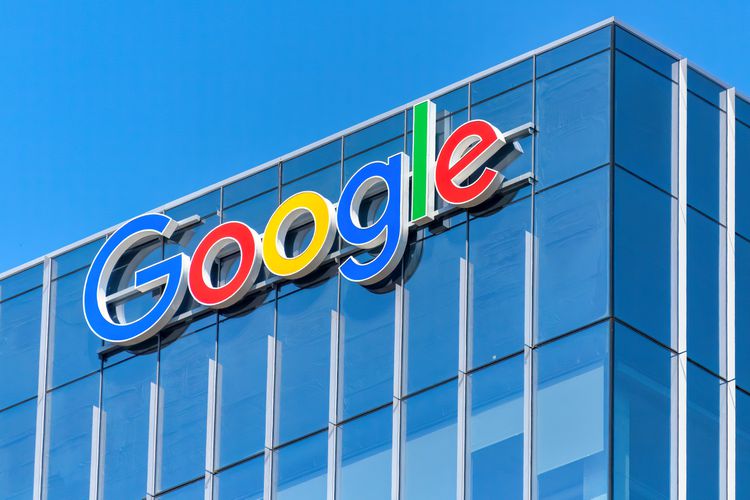Alphabet Inc (NASDAQ: GOOG) monopoly in internet advertising took another serious hit on Monday as the Department of Justice filed court requests to make Google divest its advertising marketplace and ad management platform.
The DOJ and Google both submitted proposals to address the tech giant’s illegal ad-tech monopoly. The DOJ wants Google to sell two major parts of its business: its Ad Exchange (AdX) and its ad management platform, formerly called DoubleClick for Publishers (DFP), now known as Google Ad Manager. These sales would separate the tools that dominate digital advertising.
Google plans to appeal the original verdict. Conversely, it has asked the court to impose specific business practice changes instead of breaking up the company. Google argues that these adjustments would resolve concerns without dismantling its operations.
Furthermore, the department of justice insists that only structural changes can restore competition and rejects Google’s proposed behavioural remedies as insufficient.
The DOJ cites the court’s April ruling to support its push for an AdX sale. The court found that AdX made it harder for customers on both sides of the ad exchange market to switch to rival platforms. The DOJ argues that Google should sell AdX “as soon as possible.”
Additionally, the DOJ proposes an interim remedy that would require AdX to work with competing systems. It also wants to bar Google from operating an ad exchange for 10 years.
The DOJ recommends a “phased” divestiture of Google Ad Manager, formerly known as DFP. The court also contends that customers might not have chosen these tools if given real options. The DOJ claims Google also enforced unpopular policies through this bundling.
Read more: Turkish scientists pioneer AI voice analysis lung cancer diagnostics app
Read more: D-Wave Quantum brings annealing quantum computer to Alabama
Google to create an platform to allow ad exchange integration
For the first phase, the DOJ proposes that Google create an API to allow its platform to integrate with other ad exchanges. Additionally, Google would need to provide an export feature so publishers can transfer data from DFP to another ad server.
In the next phase, the DOJ suggests that Google release the code used to conduct final ad auctions under an open-source license. Google would also be barred from “hosting or recreating” this code in any of its products, including DFP, Android, and Chrome.
The final phase would require Google to divest the remainder of DFP to a separate entity from the one acquiring AdX.
The DOJ also recommends that Google share the data it obtained through DFP. It also says that Google should not use first-party data from platforms like YouTube, Gmail, Search, Chrome, and Android to gain an unfair advantage.
Naturally, Google disagrees with these proposals.
In a filing outlining its proposed remedies, the company argues that it should not be forced to sell AdX or DFP. Google claims it acquired these businesses fairly and without unlawful intent.
In addition, Google argues that due to the design of these services, divestiture would not be as simple as selling either the AdX or DFP source code to a willing buyer.
The company asserts that divestiture would require creating new versions of AdX and DFP that work independently from Google. Google estimates this process would take at least five years and do considerable harm to customers of Adx and DFP.
Read more: Department of Justice demands Google sell off Chrome
Read more: Visa introduces an agentic artificial intelligence pilot program
Google disagrees with ruling
The company’s counterproposal includes barring certain business practices the DOJ criticized in court.
Google is willing to commit to making real-time bids from AdX available to rival ad servers. Additionally, it will remove policies that prevent sharing these bids with competitors.
Google also plans to deprecate unified pricing rules (UPR). The DOJ claims helped the company unfairly dominate the ad tech market. Furthermore, Google promises not to rebuild the First Look and Last Look tools, which it discontinued in 2019. These tools gave Google an advantage in ad auctions.
The DOJ is intensifying pressure on Google. It is currently asking a judge to force Google to sell Chrome in a separate antitrust case, where Google search was ruled a monopoly. These new proposals threaten to break up Google’s empire even more.
.
Follow Joseph Morton on Twitter
joseph@mugglehead.com













